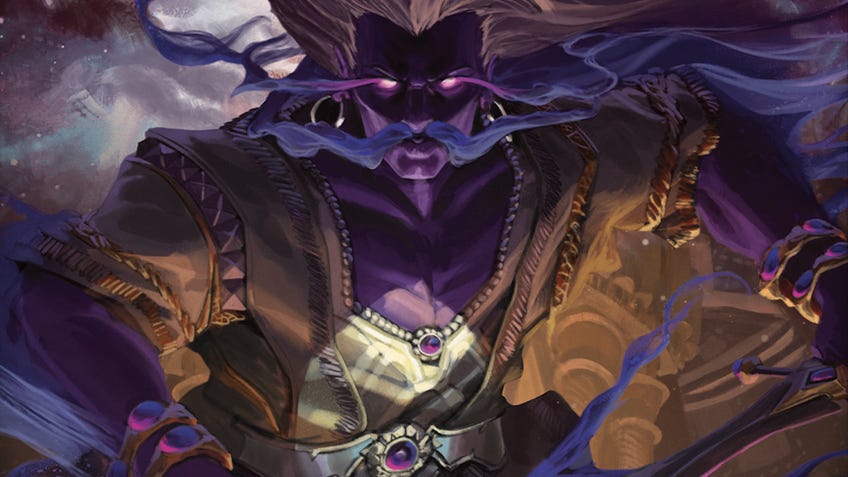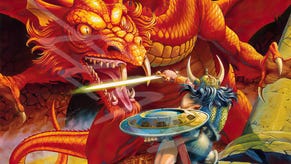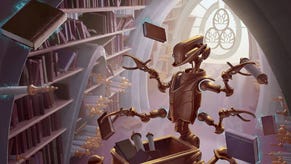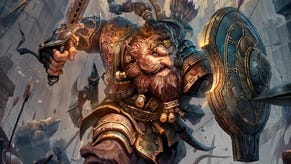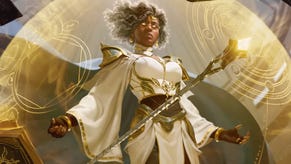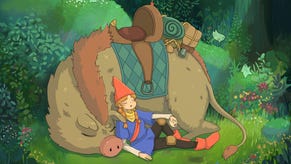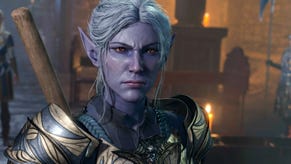D&D and MTG have "compelling use cases for AI", says Hasbro CEO
Chris Cocks envisions “mining” tabletop adventures and TCG cards for the toy company’s AI-powered future.
Like a seal releasing from the tomb of a great, ancient evil, Hasbro CEO Chris Cocks recently raised the spectre of AI technology within the corporation that owns both Dungeons & Dragons and Magic: The Gathering. Speaking to Gamesbeat at Dice Summit on March 1st, Cocks explicitly mentioned feeding the tabletop RPG’s entire catalogue of official releases into an engine similar to ChatGPT, Midjourney and other large language models.
Hasbro has been integrating AI technology into their classic board games for about a year now (Trivial Pursuit Infinite and a virtual Ouija board experiment stand out as recent examples), but haven’t broached the topic with their heavier tabletop brands. And with good reason - any time AI touches D&D or MTG, fans publicly lambast Wizards of the Coast. Unfortunately for those standing against reckless tech adoption, it’s making Hasbro reliable money during unreliable economic conditions. Trivial Pursuit sales rose by 30% following its experiment, and Hasbro’s leadership is keen for more wins like that.
“This is cutting-edge technology, and Hasbro is a 100-year-old company…when you talk about the richness of the lore and the depth of the brands–D&D has 50 years of content that we can mine. Literally thousands of adventures that we’ve created, probably tens of millions of words we own and can leverage. Magic: The Gathering has been around for 35 years, more than 15,000 cards we can use in something like that,” Cocks said. “We can leverage all of that to be able to build very interesting and compelling use cases for AI that can bring our characters to life. We can build tools that aid in content creation for users or create really interesting gamified scenarios around them.”
Cocks also mentions Peppa Pig and Transformers, two of Hasbro’s biggest non-gaming brands but notably ones focused at a younger audience. He mentions that the experiments have so far been aimed at adults “to make sure all the content is appropriate”, so he hopefully realises the inherent danger of unleashing AI-generated material on children. Cocks also claims that Hasbro is approaching this adoption carefully, but that didn’t keep the excitement and hunger out of his words.
“We’re doing R&D efforts around AI. I think most major entertainment and IP holders are at least thinking about it,” Cocks said. “The key there is the responsible use of it. We have an even higher bar we need to hit because we serve audiences of all ages. We go from preschoolers on up to adulthood. I don’t think we can be very cavalier in how we think about AI. That said, it’s exciting. There’s a lot of potential for delighting audiences. We need to make sure that we do it in a way that respects the creators we work with, respects their works of art, respects their ownership of those works, and also creates a fun and safe environment for kids who might use it.”
He’s either unaware or careless of the fact that all of the largest AI generation tools only function thanks to a torrent of stolen and uncredited words, art and other creative material fed into their algorithms. We had a brief moment to pause and develop AI in a manner that considered the rights and compensation of human artists, but Silicon Valley adherents sprinted right past it. AI has become the new hot tool for companies that proselytise saved labour costs and artistic innovation. All it’s really done is made Google searches terrible and thrown a wrench directly into SEO, tanking a distressing number of news outlets in the process.
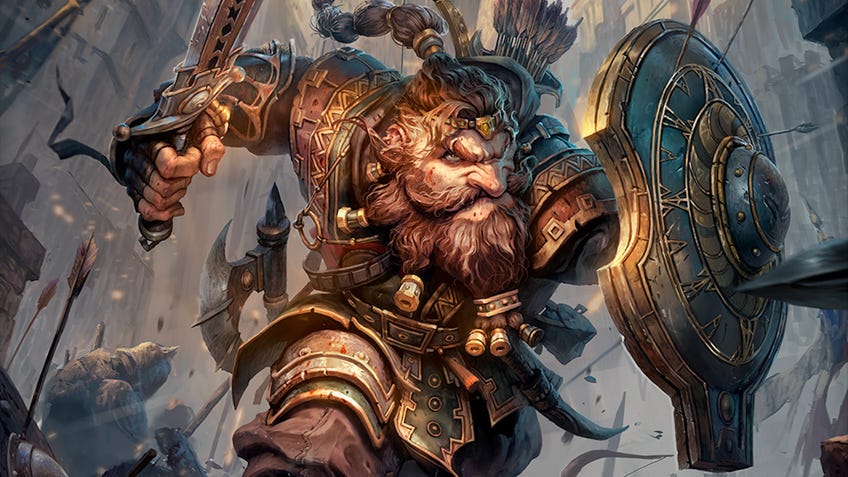
Cocks doesn’t mention specific use cases for AI in developing official D&D material, but he does want to transform Hasbro’s customer base into user-creator hybrids. He explicitly citeed Roblox, Minecraft and Epic Games, the studio-turned-platform responsible for Fortnite as aspirational models. Cocks also said he uses ChatGPT and the (shudder) Bing image creator as tools for prepping the D&D campaigns he runs for his friends. It’s clear he sees Dungeon Master work, character creation and interactive maps as friction points where Hasbro can conveniently posit their future generative AI tools - most likely for a price.
When asked about the Open Gaming Licence fiasco at the beginning of 2023 and other “disruptive” technology, the CEO reframed the ordeal as a speed bump that Hasbro quickly navigated.
“We certainly weren’t at our best during some points on the Open Game License. But I think we learned pretty fast. We got back to first principles pretty quickly. The 20-plus years that the Open Game License has been in existence for something like D&D, I think that gives us a lot of experience to navigate what will emerge with AI.”
